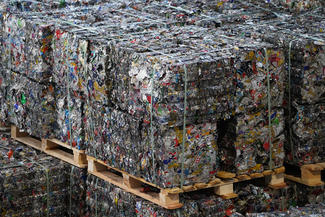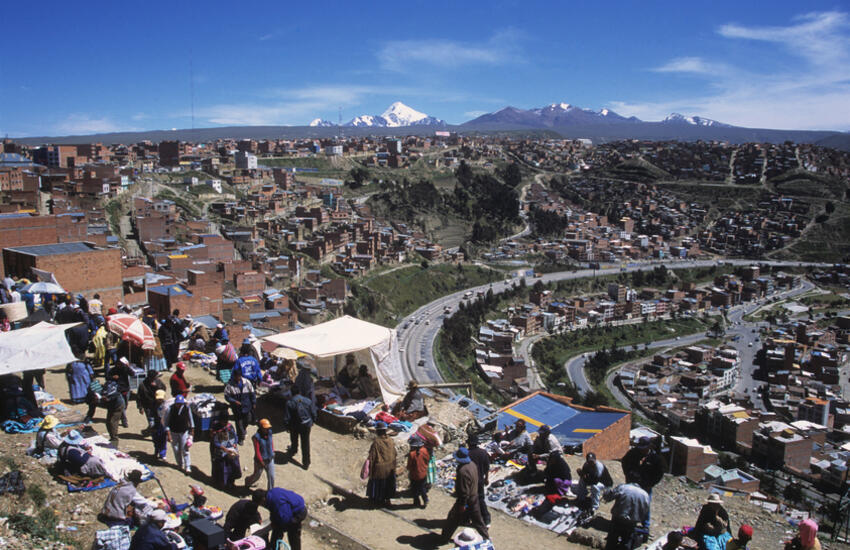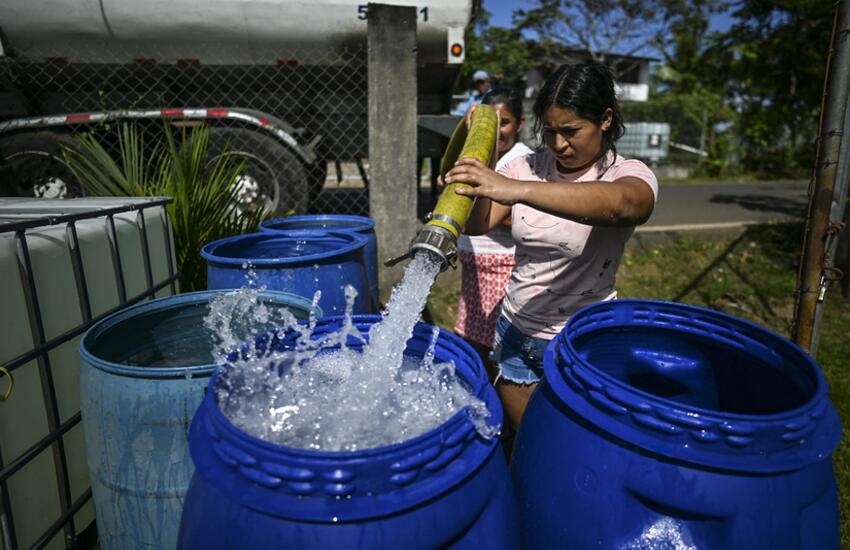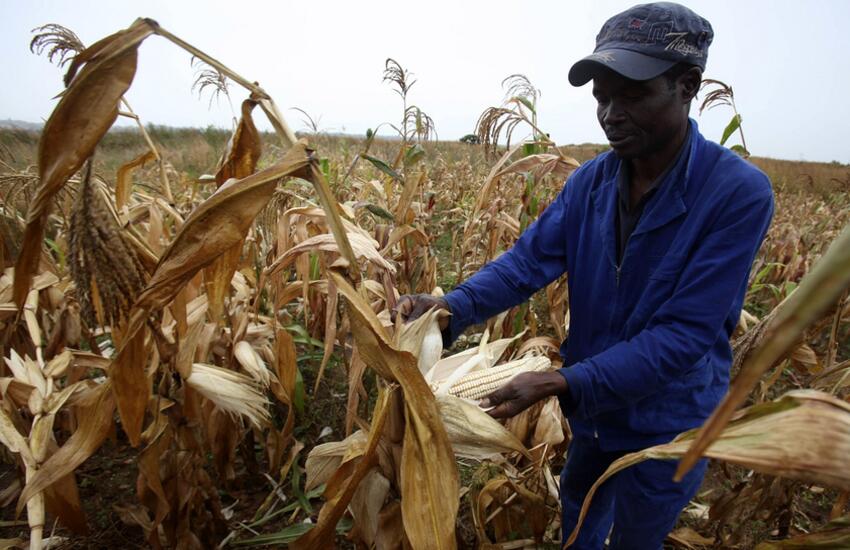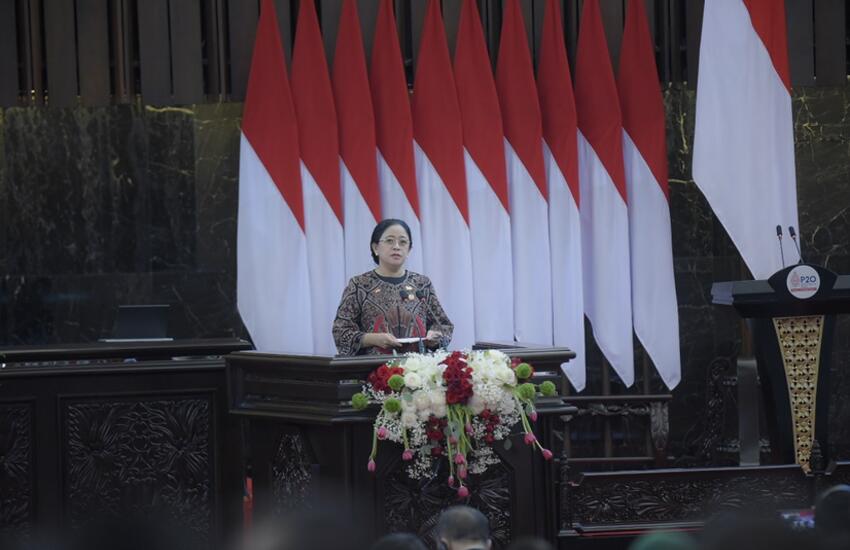The unfolding tragedy of the COVID-19 pandemic also offers parliaments a unique chance to address climate change while rebuilding and reimagining national economies.
A new IPU policy note, Green approaches to COVID-19 recovery: Policy note for parliamentarians, published in partnership with the United Nations Environment Programme, provides practical guidance on how to seize this historic opportunity.
Given the sheer breadth of economic devastation caused by the pandemic, the immediate focus for governments is economic recovery. Projections indicate that, in the next two years, the global economy is expected to lose nearly US$ 8.5 trillion in economic output. Nations face declining economic growth, decreased trade, low business revenues and massive layoffs. How is it possible to invest the necessary capital and resources across these multiple fronts while also maintaining focus on mitigating the risks of climate change?
The answer lies in building a green economy as an underlying goal in all economic recovery efforts. The core elements of a green economy are low-carbon development, resource efficiency and social inclusion. It invests in renewable energy and public goods that promote communal use. And it implements policies that internalize and ensure both the equitable use of environmental resources and the promotion of economic activities that preserve biodiversity.
Green economic policies and laws are vital to transitioning into economic sectors that ultimately build a resilient economy. These policies and laws may include ending fossil fuel subsidies, enforcing the polluter pays principle, supporting green jobs, and incentivizing sustainable development in fiscal recovery policies.
Using examples from around the world, this policy note outlines approaches in six key areas that parliamentarians should consider in promoting a sustainable and green recovery to help build more resilient economies.
1. Green infrastructure
Green infrastructure involves strategically planning a network of natural and semi natural areas and solutions that can deliver a wide range of ecosystem services, such as water purification and retention, flood alleviation, air quality improvement, reduced energy use, space for recreation, and climate mitigation and adaptation. See the example from the Republic of Korea on green infrastructure and job creation.
2. Waste management and circularity
Sustainable waste management practices, such as waste treatment and recycling, can, in the long-term, be promoted through legislative provisions, including tax rebates or waivers for recycling initiatives. A key means of achieving this will be through circularity. Circularity aims to restore, regenerate and reuse materials to promote the efficient and sustainable management of natural resources throughout their life cycle. Countries such as Denmark are helping companies stick to circular economy principles during the pandemic.
3. Clean energy
Parliamentarians can promote laws which contribute to both short- and long-term energy policies that promote a shift to renewable energy. Such measures could include eliminating fossil fuel subsidies and introducing carbon pricing measures to both raise revenue and help reduce greenhouse gas emissions. This could include incentives to improve energy efficiency, which will create job opportunities, help reduce greenhouse gas emissions and save on energy costs. Learn about Nigeria’s COVID-19 economic recovery plan that also promotes clean energy.
4. Green jobs
The loss of jobs and income associated with COVID-19 will likely push 34.3 million people into extreme poverty in 2021, and worsen income inequality within and between countries. A green economy has the potential to create 24 million new jobs globally by 2030. For instance, investing in renewable energy is likely to generate more jobs, both in the short and long-term, thus boosting spending and accelerating the recovery. For example, a green stimulus programme in Pakistan aims to restore natural ecosystems and address unemployment.
5. Biodiversity and nature-based solutions
Habitat loss is linked to the emergence of viruses like COVID-19, and is driven by increased exploitation of wildlife, the unsustainable use of natural resources, and climate change. Prioritizing biodiversity and avoiding incentives that have led to its degradation are important considerations for any recovery measures. Nature-based solutions are actions that protect, sustainably manage, and restore ecosystems in ways that address societal challenges to provide both human well-being and biodiversity benefits. Read about the European Parliament’s call for a biodiversity strategy with legally binding targets.
6. Rule of law and environmental protection
COVID-19 lockdown and emergency procedures have adversely affected: public participation in decision and policy-making on environmental matters; the enforcement of environmental laws; how environmental impact assessments are conducted; implementation of environmental rights; and the work of environmental defenders. Given the interconnectedness of public health, economic growth and environmental protection, the public has a vested interest in ensuring that environmental law is implemented and enforced openly, inclusively, equally and as strongly as before. To adapt to the pandemic, Trinidad and Tobago put some environmental management procedures online.
For each of the above six key areas, the policy note suggests concrete ways in which parliamentarians can explore legislation and enact laws to ensure the future economic recovery is a green recovery. Parliaments, which are at the forefront of designing these laws and overseeing these policies, can make a historic impact on the transformation and development of national economies. They can do this by prioritizing green infrastructure, circularity, energy efficiency, investment in green jobs and innovation; by building on opportunities provided by digital technologies; by identifying effective nature-based solutions; and by advancing the rule of law.
The IPU encourages parliamentarians to study the policy note, examine case studies on the UN Environment Programme and IPU websites, and share with [email protected] examples of their green recovery as it develops, in order to foster the sharing of lessons learned.
Available in French and English versions, the policy note is both an urgent call and an informative guide to parliamentarians around the world on keeping climate change at the forefront of economic recovery efforts post-COVID-19.





